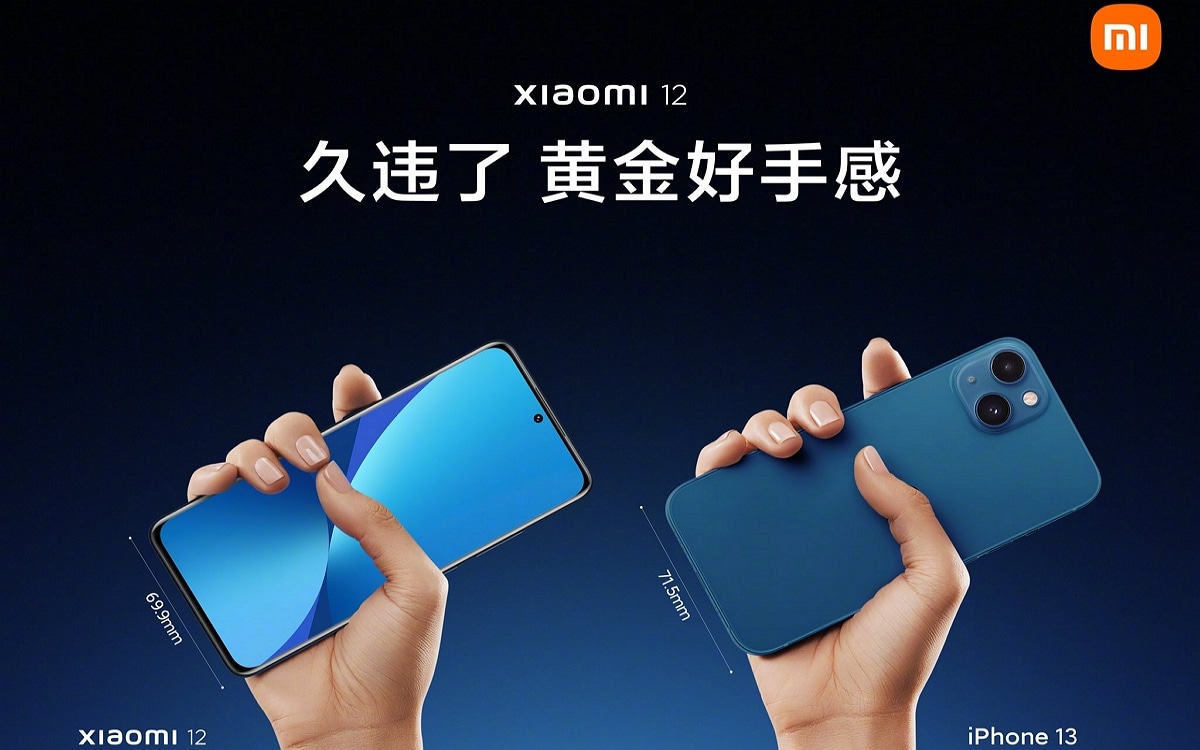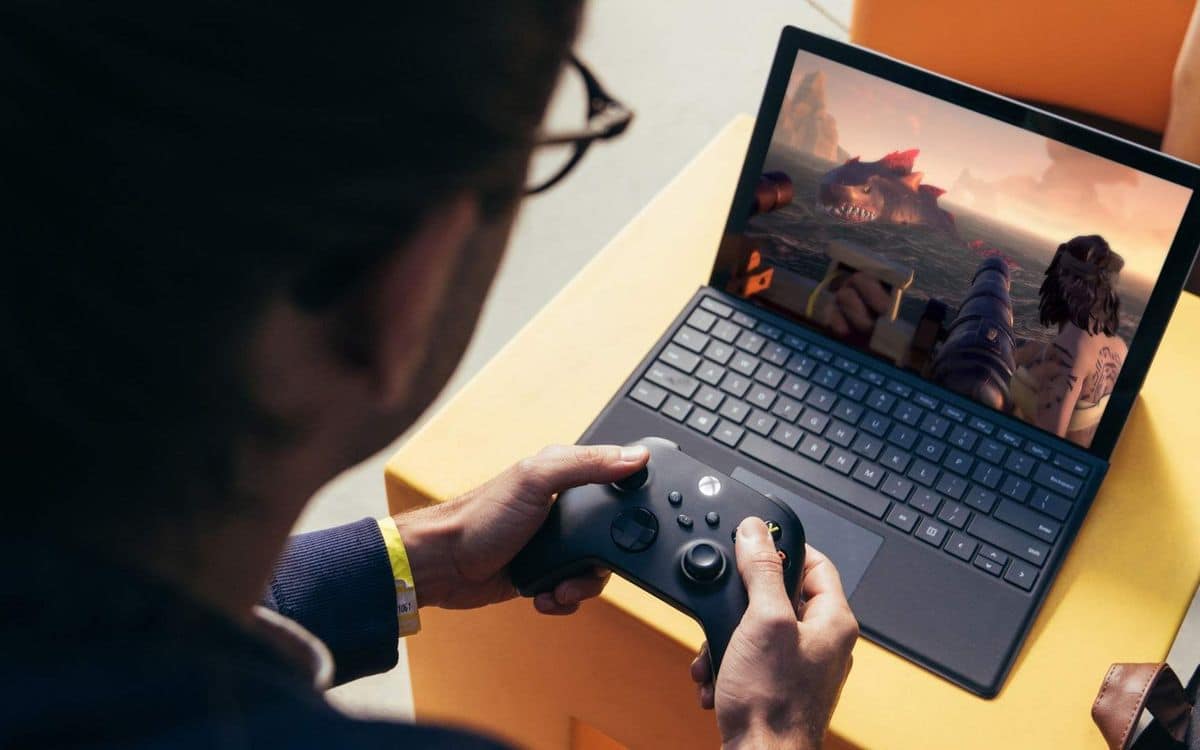
Research has shown what is called screen apnea. Most people forget to breathe when they check their emails, or more generally when they perform a task on a screen. Here are some tips to counter the phenomenon.

Linda Stone, a former executive at Microsoft, practices breathing exercises every morning. Over time, she realizes that once in front of her computer screen and her open mailbox, it’s as if they had been useless. “I was breathing, but now I’m not breathing anymore,” she observes. His breathing becomes very weak or even non-existent. She decides to conduct an informal experiment and invites 200 people to check their emails while she measures their heart rate and breathing.
It appears that 80% of participants hold their breath or breathe differently (less well) during the task. Linda Stone calls the phenomenon “email apnea”. It’s not new, she theorized that in 2008. But it remains totally topical and has moreover been extended to the concept ofscreen apnea. For Stephen Porges, professor of psychiatry at the University of North Carolina, it is a manifestation of the stress that our body feels. When we receive any signal, our nervous system analyzes the stimuli to determine if it is a threat. The concentration required for treatment leads to physiological reactions that decrease our breathing and heart rate.
How to fight screen apnea and breathe better
This reflex is normal and unconscious. It can, however, become dangerous when triggered too often., which happens very easily in our time. A message about Slack, a Discord notification, an email, a calendar reminder… Screens constantly stimulate us. To fix this, you can schedule regular alarmswith a sweet sound, that will make you think of check your breathing. If you notice that you are breathing badly (or not at all), inhale then exhale for a long time audibly.
Read also – Fitbit: its connected watches detect if you are a victim of sleep apnea
You can also work on a bigger screen. Dr. Porges theorizes that the larger the screen, the less mentally tiring it is. Your field of vision is less restricted and your nervous system has less need to strain to exclude everything around. Take regular breaks without looking at your smartphone also helps. Finally, as often, exercising and sleeping well, especially if you suffer from sleep apnea, will help you feel less tired after a day in front of the computer.
Source : The New York Times



